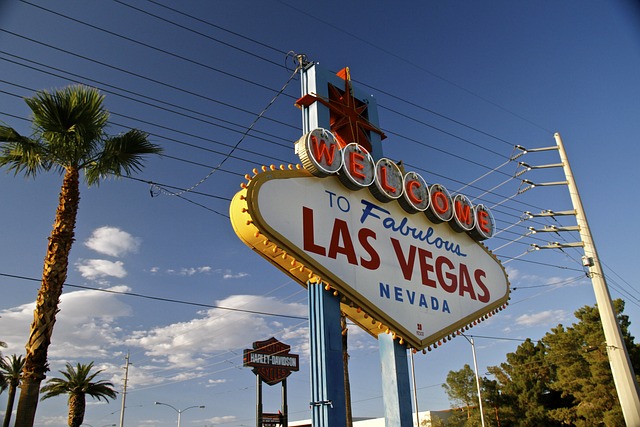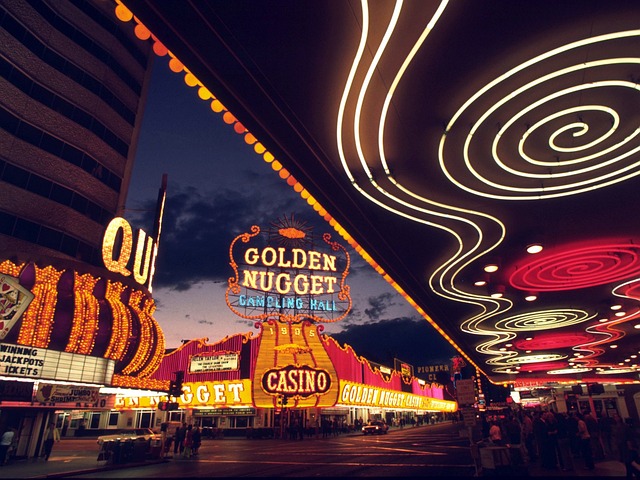History of Casinos: From Ancient Dice Games to Digital Platforms
September 21, 2023
The allure of chance and the thrill of winning have always been integral to human nature. For millennia, societies across the globe have engaged in games of luck and skill, seeking both entertainment and fortune. It’s fascinating to trace the lineage of today’s modern casinos back to their rudimentary predecessors. Amidst this tapestry of gambling evolution, terms like ‘vave‘ and others have emerged, encapsulating various facets of the casino experience. As we delve deeper into the annals of history, the transformative journey of casinos unfolds.
Ancient Beginnings:
The origins of gambling can be traced back to ancient civilizations. Archaeologists have unearthed dice-like objects in Mesopotamia (modern-day Iraq) dating back to about 3000 BC. Ancient Egyptians had their hieroglyphs depicting gambling games, while the Chinese were engrossed in games of chance as early as 2300 BC.
The Greeks and Romans, too, were no strangers to the allure of gambling. In Greek mythology, the gods Zeus, Hades, and Poseidon cast lots to divide the universe amongst themselves. The Romans had a love-hate relationship with gambling. While it was officially forbidden during certain periods, betting games continued to flourish, especially during the Saturnalia festivals.
Medieval and Renaissance Gambling:

As we move into the Middle Ages, gambling houses started appearing in Italy in the 17th century. These establishments were known as ‘casini,’ which is the origin of the term ‘casino’. They were more like social clubs where the elite could gather for a mix of gaming, conversation, and music.
By the time of the Renaissance, gambling had become a popular pastime across Europe. Games like baccarat and blackjack trace their origins to this period. Italy, in particular, played a crucial role in the evolution of organized gambling houses.
The Birth of Modern Casinos:
The 18th and 19th centuries saw the establishment of official, state-regulated casinos. The famous Casino di Venezia in Venice, opened in 1638, is often cited as the oldest gambling house that closely resembles today’s casinos. However, it was the casinos in spa towns like Baden-Baden in Germany and Monte Carlo in Monaco that truly epitomized the glamour and luxury associated with traditional casino gaming.
The United States added its flavor to casino history with the rise of gambling hubs like New Orleans in the early 19th century. Later, the Gold Rush era saw San Francisco emerge as a gambling hotspot. But it was the legalization of gambling in Nevada in 1931 that gave birth to the world’s casino capital: Las Vegas. With its neon lights and ever-evolving attractions, Vegas epitomizes the modern casino experience.
The Digital Transformation:

The late 20th century and the turn of the millennium witnessed a significant transition: the advent of online casinos. With the proliferation of the internet, casino games became accessible to a global audience. Today, one doesn’t need to travel to a physical location to play a hand of blackjack or spin a roulette wheel. Online platforms offer myriad games, from traditional table games to innovative slots, available at the touch of a button.
The history of casinos is a testament to the human penchant for entertainment, risk, and the allure of fortune. From ancient dice games in the alleyways of Mesopotamia to the digital gaming platforms accessible on smartphones, the world of casinos has evolved, reflecting societal changes and technological advancements. As the future beckons, one can only imagine the next chapters in this enthralling journey of casinos.